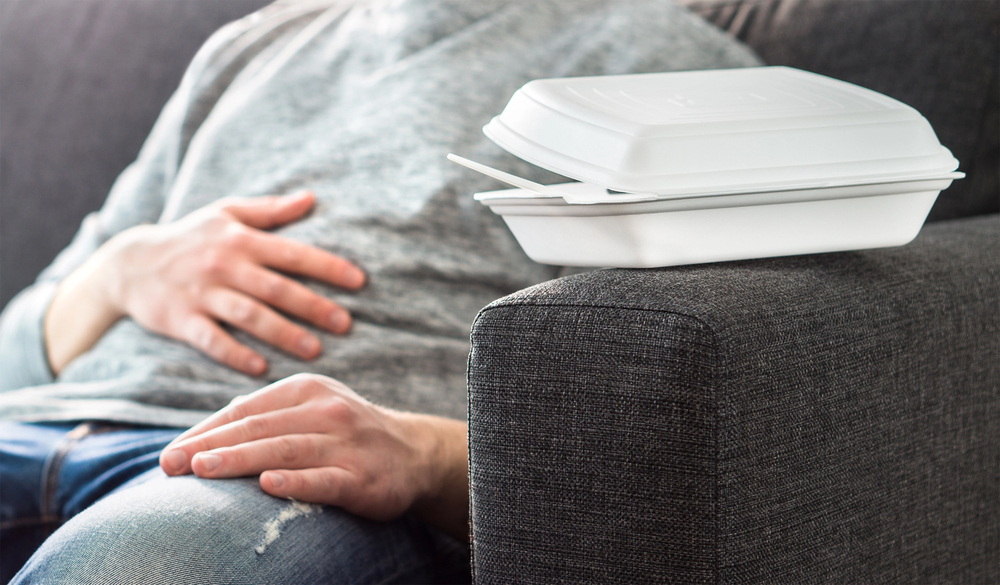Healthy eating in recovery is being discussed more and more lately, with science backing up the importance of diet for people struggling with addiction. Unfortunately, healthy eating can turn into an obsession and, before an individual realizes it, can become another addiction or, at minimum, a very challenging issue to deal with called orthorexia.
Orthorexia
Individuals with orthorexia have a preoccupation with eating healthy as much as possible and develop often distorted rules about food. Eventually, the food takes precedence over a person’s life and interferes with daily living. Unlike most eating disorders where thinness is the underlying motivation, in orthorexia, a person wants everything to be pure and whole.
How it Starts
Orthorexia often starts as a healthy way of eating that turns into an obsession. How much it interferes with a person’s life is what makes it unhealthy. Adding elements of exercise and compulsion make the disorder more extreme and eventually can have a negative impact on health. Orthorexia is not classified in the DSM-5 (Diagnostic and Statistical Manual of Mental Disorders) and is difficult to determine how many people have the disorder. Diagnoses often fall into ‘other specified food eating disorders’ along with other eating disorders.
Food Culture
In today’s world, people are obsessed with food in different ways. Terms like gluten-free, veganism, organic, Paleo, chemical-free, clean eating and eating locally have entered common, everyday conversations. All this talk about food is what drives people’s obsessions. Individuals with rigid, compulsive, and anxious personalities are not always able to sift through the mainstream, and often contradictory, information about food. This leaves ‘healthy eating’ up to interpretation as people can pick and choose what and how to eat including their own set of rules.
Challenging the Rules
Many people who have orthorexia devote so much time to avoiding certain foods that when they start being reintroduced, people tend to binge. When food is no longer available and people can follow their own food rules they seek treatment because help is needed. Treatment typically revolves around nutrition counseling and therapy. Getting rid of rigid belief systems regarding food often helps, depending how deeply the disorder impacts the person’s life. Therapists work to change the underlying feelings of purity and power while including treatment for flexibility around food. The goal is to focus on balanced, healthy eating as opposed to negative messages to the body and mind about the type of food a person eats.
Cypress Lakes offers a place where you can explore healthy eating with nutritional counselors here to guide you every step of the way. We are here to help you develop healthy eating habits for recovery and beyond. Call us to find out how we can help you stop struggling with food and find more balance and peace: 866-217-2636


